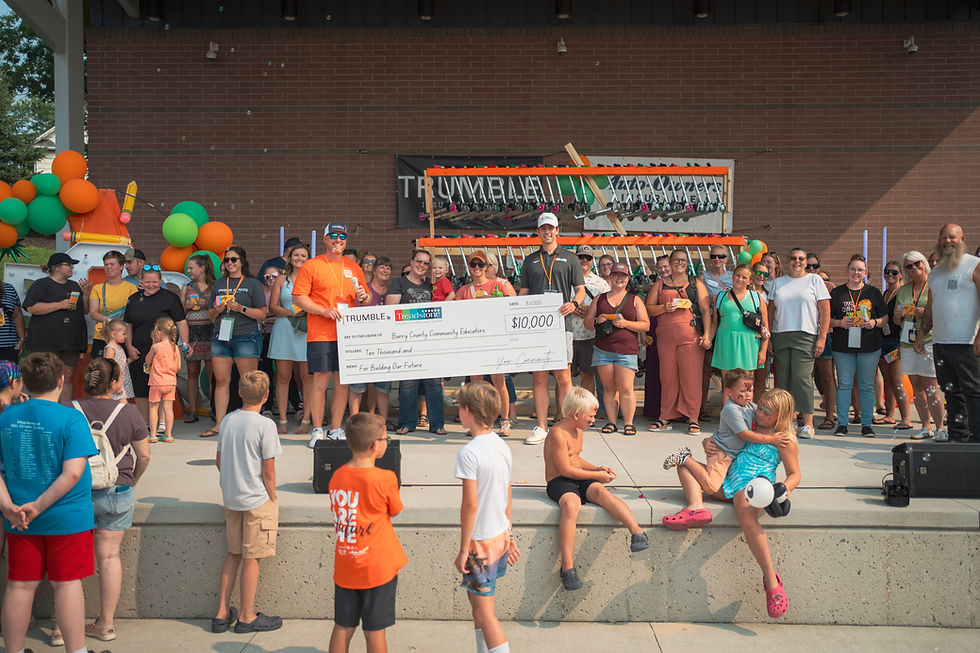What’s Next For You?
- Zach Santmier

- Aug 15, 2025
- 3 min read

My in-laws live on a dead-end country road. There’s not a lot of construction usually, but recently, a small lot was just split off and a woman broke ground on a new home next to her kids. In the beginning, things moved pretty quick. They excavated the ground and began laying the foundation. There were construction crews out there working hard to get the cement basement walls up so that they could start building the house. Within a month or so, an empty field now had a fully finished foundation and materials were being dropped off to start building. Wooden trusses, 2x4’s and plywood began to fill up the lot.
At this pace, I began to think they would have this house complete in no time! Every time we would come down the drive, we’d check in to see the progress. But nothing was happening. Six months later, no additional work had been done. The foundation sat there collecting water. The wood was rotting away, begging to be under a roof. It seemed they were quick to lay the foundation, but didn’t have the appropriate plans to actually complete the house. The potential for a beautiful house was there, but everyday the foundation sat empty, the likelihood of a beautiful home dwindled.
Don’t let this be your story. Over the past 39 columns, I have been teaching you how to lay a financial foundation. All 8 steps have led you to you being right where you are at (or where you’re going to be as soon as you work through this process!).
You’ve worked hard to lay a foundation, but what are your plans to begin building the house? It would be a waste of potential if you let your foundation be good enough. It’s time to start thinking about building.
Everyone leaves a legacy. The task is not to merely leave a legacy, but to build one worth leaving. Today, we’re going to start with the end in mind and begin to think about the sort of legacy we want to leave.
A legacy is simple - how will your life be remembered? Will people remember that sweater you wore on last year’s holiday card? Probably not. But will they remember how you were present as they struggled through the hardest season of their life? You bet they will.
A legacy has two parts. There will be tangible reminders of your life that you pass on. Things like assets - cash, stocks, real estate, and business interests. And there will be intangible things you leave such as values, morals, and lessons. In most legacy conversations, it is easy to get caught up in estate planning and begin to think about how you will leave your assets. Though I believe that you are on the path to pass on many assets, tangible reminders of your life are the smallest and least important part of your legacy. Certainly, we are called to leave an inheritance to our children’s children and I believe you will. However, money should be the last thing of importance as you think about building a legacy worth leaving.
Your Legacy is much more about WHO you were than WHAT you did. There will be people who didn’t deeply know you who remember you for WHAT you did. But those closest to you, the ones you really love and who love you, will remember you for WHO you were and the intangible values you left them.
Next week, we’ll continue our conversation on what comes next after you have laid a solid financial foundation and have a full tank. And I’m going to share the story of my great grandpa, a simple tomato farmer, who taught me how to build a life that lives long past our last breath.

Zach Santmier is the owner of Trumble Agency, Inc. and the author of the personal financial course, Increase. He focuses on helping families escape paycheck to paycheck living so they can freely pursue their ideal future.


Comments